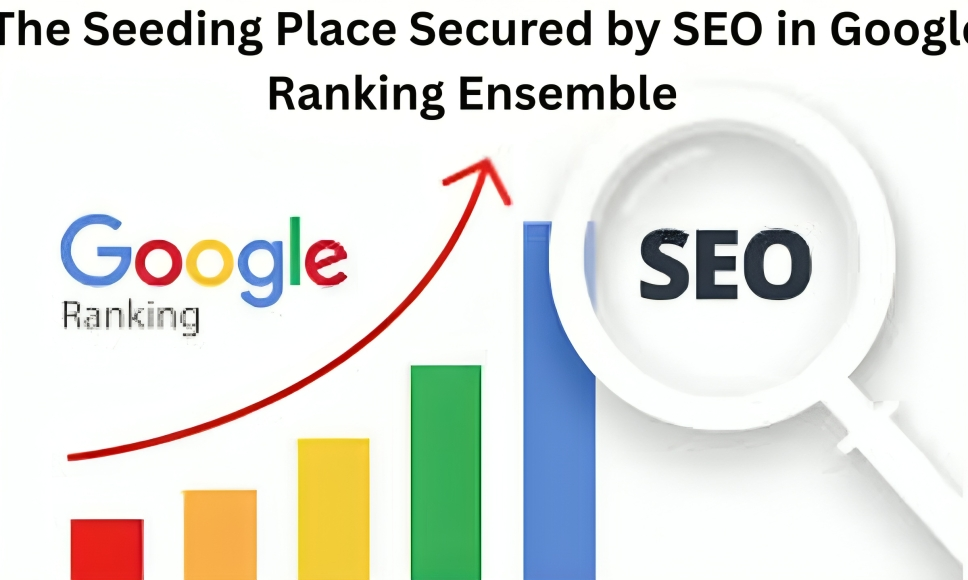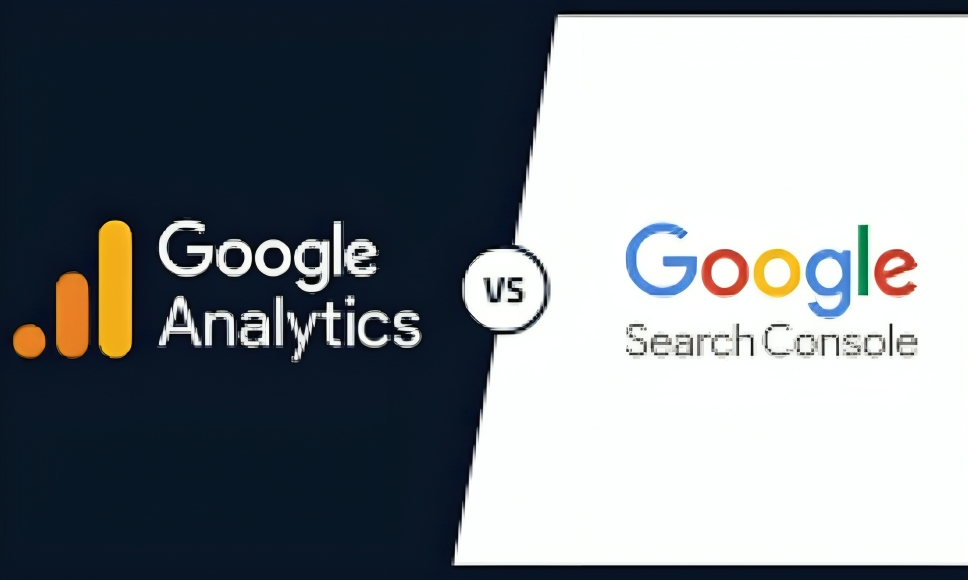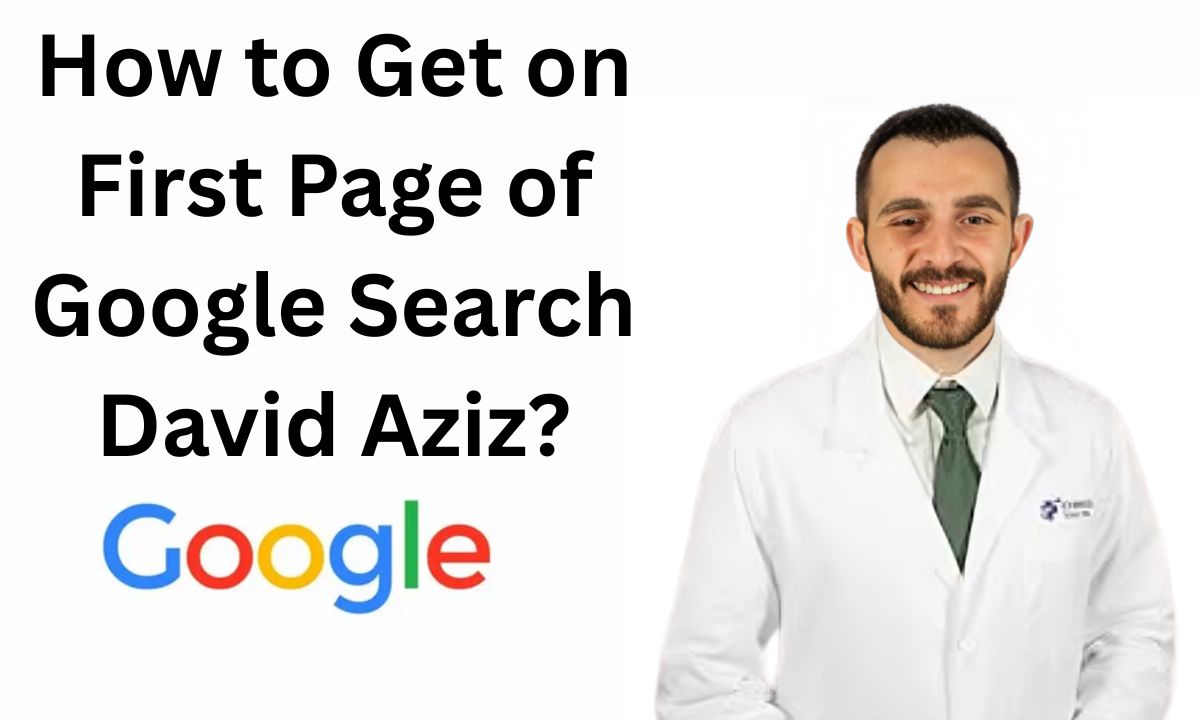Getting your website to appear on the first page of Google search results is crucial for online success. Many businesses struggle with this challenge daily.
Expert David Aziz has developed proven strategies to boost search engine optimization and improve Google ranking.
His methods focus on sustainable growth and meaningful results. This guide explores his approach to achieving top SERP positions.
The Seeding Place Secured by SEO in Google’s Ranking Ensemble
Search engine optimization forms the foundation of online visibility. Google processes over 5.6 billion searches every day. Your business needs to stand out in this crowded space. David Aziz emphasizes that SEO is not just about keywords. It’s about creating a complete digital ecosystem.
The first page of Google captures approximately 75% of all clicks. Pages beyond this receive minimal attention. First page results drive significant organic traffic to your website. They establish your brand as an authority in your field.

Google’s search algorithms evaluate hundreds of factors when ranking websites. These include content quality, site structure, and user experience. David Aziz notes that these algorithms are constantly evolving. Staying updated with these changes is essential for maintaining rankings.
Website visibility depends on both technical and content-related factors. Google rewards sites that provide value to users. Sites with poor user experiences face penalties. This affects their position in search results.
Role of Keywords in SEO’s Laser-Sharpened Targeting
Keywords connect user searches with relevant content. David Aziz stresses the importance of strategic keyword research. This process identifies what your target audience is actually searching for.
Long-tail keywords often convert better than generic terms. They have less competition and more specific search intent. For example, “affordable digital marketing services in Phoenix” targets users with clear intentions.
Understanding search query patterns helps create more relevant content. Tools like Google Keyword Planner provide valuable data. They show search volume and keyword difficulty metrics.
Semantic search has transformed how Google interprets queries. The search engine now understands context and relationships between words. This means content should address topics comprehensively rather than simply repeating keywords.
David Aziz’s Proven Blueprint for SEO Dominance
David Aziz’s approach to SEO begins with technical foundations. A website must be easily crawlable by search engines. This requires proper site architecture and clear navigation paths.
Website authority develops through quality backlinks from reputable sources. These act as votes of confidence for your content. Not all links are equal in value. Links from authoritative sites in your industry carry more weight.
On-page optimization requires attention to multiple elements. These include URL structure, image alt text, and internal linking. Each page should target specific keywords without overusing them.
Content quality remains king in SEO. David Aziz recommends creating comprehensive resources. These should answer questions users are asking. Content should be original, helpful, and engaging.
Mobile-friendly design is non-negotiable today. Google prioritizes mobile-responsive websites in its rankings. Your site should function perfectly across all devices and screen sizes.
Page speed directly impacts both rankings and user experience. Fast-loading pages keep visitors engaged. They reduce bounce rates and increase conversion opportunities. Tools like Google PageSpeed Insights help identify areas for improvement.
Technical SEO involves optimizing your website’s backend structure. This includes implementing proper XML sitemaps for better indexing. It also means using schema markup to help search engines understand your content’s context.
User engagement signals tell Google about your content’s value. These include time on page, pages per session, and social shares. Creating content that encourages interaction improves these metrics.
Tracking and Analyzing Your SEO Progress
SEO requires constant monitoring and adjustment. David Aziz emphasizes the importance of data-driven decisions. Tracking tools provide insights into what’s working and what needs improvement.
Key performance indicators (KPIs) help measure SEO success. These include organic traffic growth, keyword rankings, and conversion rates. Establishing baseline metrics allows you to track progress over time.
Regular content audits identify underperforming pages. These pages may need updates or improvements. Sometimes removing or consolidating weak content can boost overall site performance.
Traffic analysis shows where your visitors come from. It also reveals which pages attract the most attention. Understanding user pathways through your site helps optimize the customer journey.
Google Analytics and Search Console, and Why They Should Be Utilized
Google Analytics provides comprehensive data about your website visitors. It tracks user behavior, demographics, and conversion paths. This information guides content creation and marketing strategies.
Search Console offers direct insights from Google itself. It shows which keywords drive traffic to your site. It also identifies technical issues that might affect your rankings.

Together, these free tools form a powerful SEO arsenal. David Aziz considers them essential for any serious optimization effort. They provide actionable data that drives strategic decisions.
Search Console shows your average position for different keywords. This helps track ranking improvements over time. It also identifies opportunities for quick wins with keywords ranking just below page one.
READ THIS BLOG : How are Mobile Apps Transforming Businesses in Digital World?
Changing Strategy Based on Data
SEO is not a set-and-forget endeavor. David Aziz stresses the importance of adaptability. Algorithms change, competition increases, and user behaviors evolve.
Data should drive strategy adjustments. If certain content types consistently outperform others, shift resources accordingly. If specific keywords show declining traffic, investigate alternatives.
Algorithm updates often require strategic pivots. Google makes thousands of changes yearly, with major updates several times annually. Staying informed helps you adapt quickly rather than react to penalties.
Search intent understanding continues to evolve. Content that matched user intent a year ago might not today. Regular content refreshes ensure continued relevance.
Frequently Asked Question
How long does it take to get on the first page of Google?
Reaching the first page typically takes 3-6 months for competitive keywords. Less competitive terms may rank faster. Results depend on your website’s authority, content quality, and competitive landscape.
What are the most important ranking factors according to David Aziz?
David Aziz identifies content relevance, backlink quality, user experience, and technical optimization as critical factors. Mobile responsiveness and page speed also significantly impact rankings.
How important are backlinks compared to content?
Both are essential, but their balance varies by industry. Quality content attracts natural backlinks. Strong backlinks amplify content visibility. Neither works optimally without the other.
Should I focus on local or global SEO?
This depends on your business model. Local businesses should prioritize local SEO strategies. Companies serving wider markets need broader approaches. David Aziz recommends starting with your core market first.
How often should I update my website content?
Regular updates signal freshness to search engines. Aim to review key pages quarterly. Blog content should be published consistently. Always update when information becomes outdated.
Conclusion: Your Roadmap to Google’s First Page
Reaching the first page of Google requires strategic planning and consistent effort. David Aziz’s methods emphasize quality over shortcuts. Focus on creating exceptional user experiences backed by technical excellence.
Remember that SEO is a marathon, not a sprint. Results take time to materialize. Patience and persistence are essential qualities for success. Continue optimizing based on performance data.Implement these strategies systematically rather than attempting everything at once. Begin with technical foundations, then build content assets. Develop backlinks naturally as your authority grows.

jack is an experienced blogger and a passionate wordsmith at Phrase Pioneers. With a keen eye for language and a deep love for writing, she shares insightful posts on grammar, phrases, and the art of communication.















